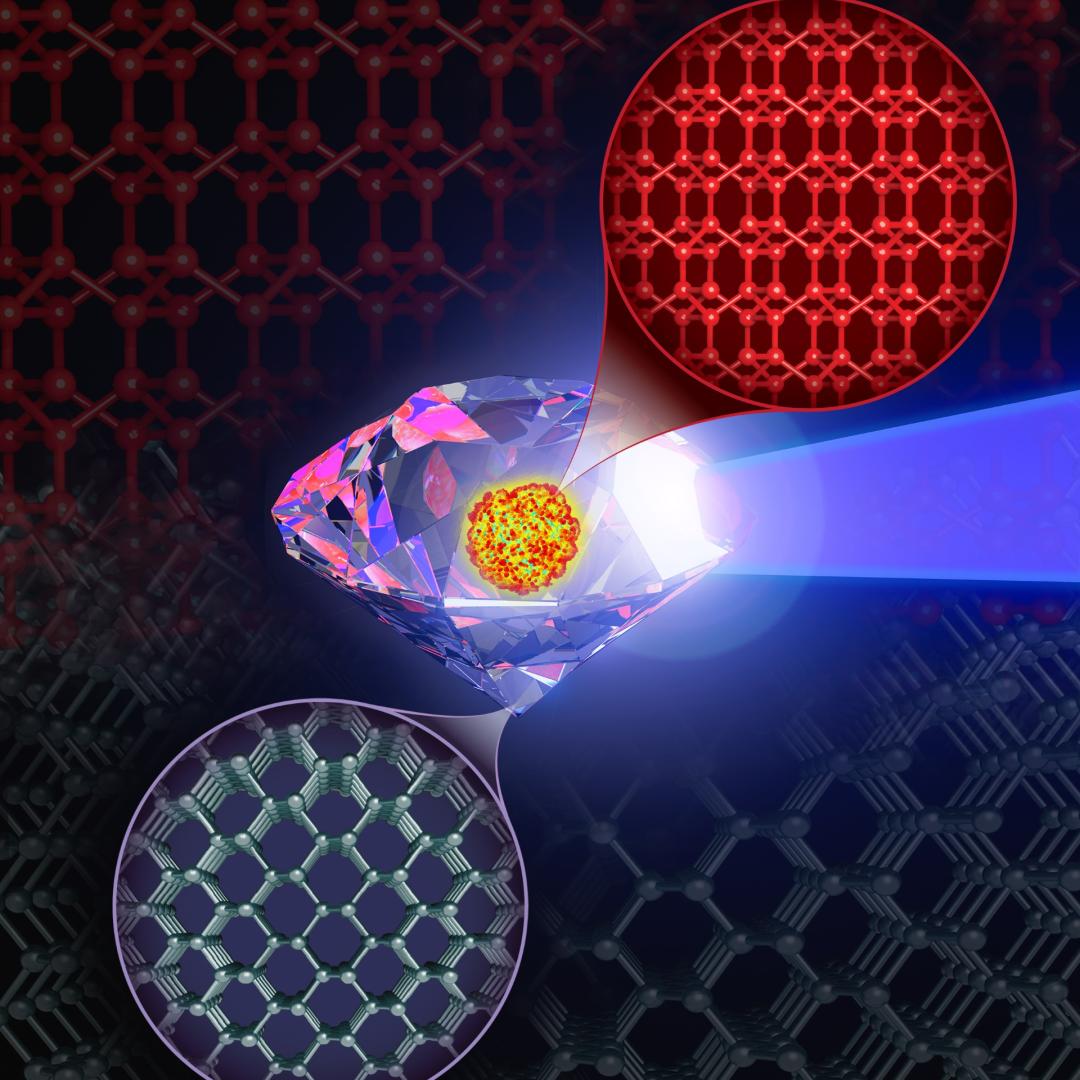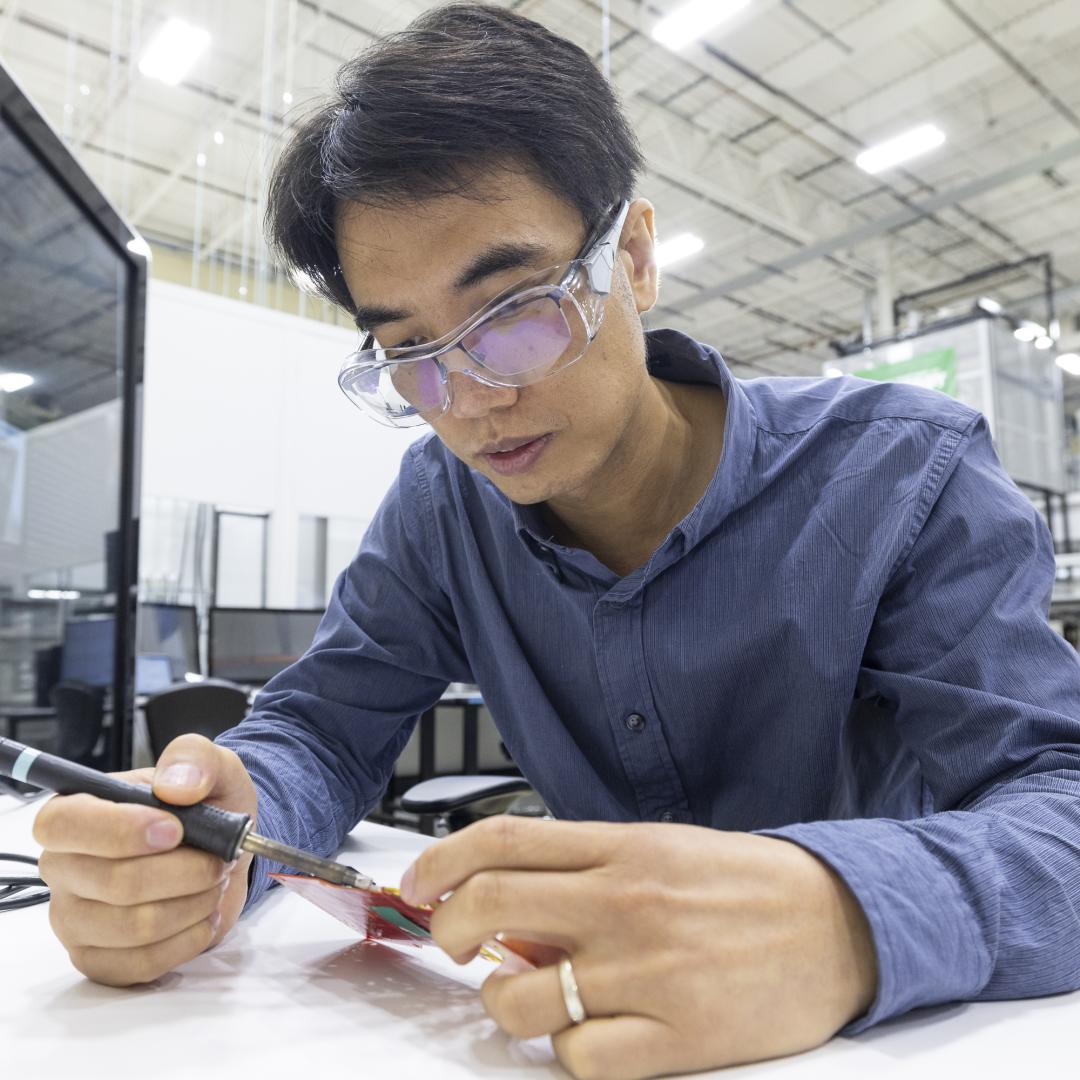
Filter News
Area of Research
- Advanced Manufacturing (1)
- Biology and Environment (25)
- Clean Energy (17)
- Computational Biology (1)
- Computational Engineering (1)
- Computer Science (6)
- Electricity and Smart Grid (1)
- Fuel Cycle Science and Technology (1)
- Functional Materials for Energy (1)
- Fusion and Fission (1)
- Isotopes (1)
- Materials (12)
- Materials for Computing (1)
- National Security (42)
- Neutron Science (9)
- Supercomputing (44)
News Topics
- (-) Artificial Intelligence (94)
- (-) Biotechnology (23)
- (-) National Security (65)
- 3-D Printing/Advanced Manufacturing (125)
- Advanced Reactors (34)
- Big Data (58)
- Bioenergy (92)
- Biology (100)
- Biomedical (59)
- Buildings (58)
- Chemical Sciences (67)
- Clean Water (30)
- Climate Change (101)
- Composites (28)
- Computer Science (193)
- Coronavirus (46)
- Critical Materials (28)
- Cybersecurity (35)
- Decarbonization (80)
- Education (4)
- Element Discovery (1)
- Emergency (2)
- Energy Storage (109)
- Environment (197)
- Exascale Computing (39)
- Fossil Energy (6)
- Frontier (44)
- Fusion (55)
- Grid (65)
- High-Performance Computing (88)
- Hydropower (11)
- Irradiation (3)
- Isotopes (53)
- ITER (7)
- Machine Learning (48)
- Materials (144)
- Materials Science (142)
- Mathematics (9)
- Mercury (12)
- Microelectronics (3)
- Microscopy (51)
- Molten Salt (8)
- Nanotechnology (60)
- Net Zero (14)
- Neutron Science (131)
- Nuclear Energy (109)
- Partnerships (47)
- Physics (63)
- Polymers (33)
- Quantum Computing (35)
- Quantum Science (69)
- Renewable Energy (2)
- Security (24)
- Simulation (49)
- Software (1)
- Space Exploration (25)
- Statistics (3)
- Summit (59)
- Sustainable Energy (129)
- Transformational Challenge Reactor (7)
- Transportation (97)
Media Contacts
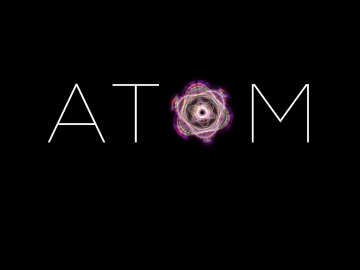
The Accelerating Therapeutics for Opportunities in Medicine , or ATOM, consortium today announced the U.S. Department of Energy’s Oak Ridge, Argonne and Brookhaven national laboratories are joining the consortium to further develop ATOM’s artificial intelligence, or AI-driven, drug discovery platform.
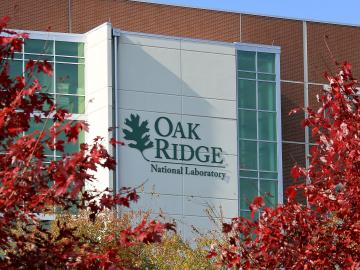
Thirty-two Oak Ridge National Laboratory employees were named among teams recognized by former DOE Secretary Dan Brouillette with Secretary’s Honor Awards as he completed his term. Four teams received new awards that reflect DOE responses to the coronavirus pandemic.

Algorithms developed at Oak Ridge National Laboratory can greatly enhance X-ray computed tomography images of 3D-printed metal parts, resulting in more accurate, faster scans.
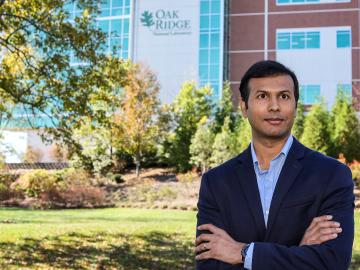
As Hurricane Dorian raged through the Bahamas, researchers at Oak Ridge National Laboratory worked around the clock to aid recovery efforts for one of the Caribbean’s worst storms ever.
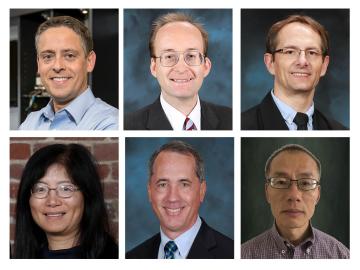
Six scientists at the Department of Energy’s Oak Ridge National Laboratory were named Battelle Distinguished Inventors, in recognition of obtaining 14 or more patents during their careers at the lab.
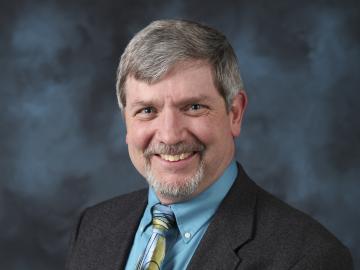
Jeff Johnson, nonproliferation research and development integration manager for ORNL’s National Security Sciences Directorate, has been honored by the American Nuclear Society
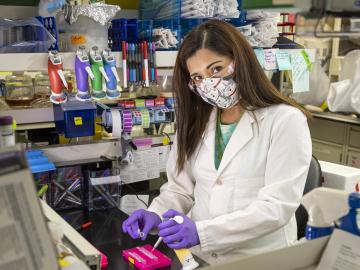
From soda bottles to car bumpers to piping, electronics, and packaging, plastics have become a ubiquitous part of our lives.
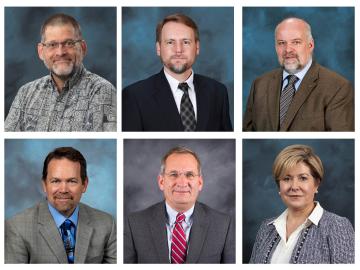
Six ORNL scientists have been elected as fellows to the American Association for the Advancement of Science, or AAAS.
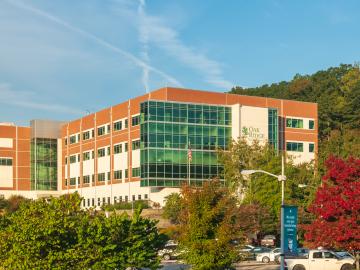
ORNL and three partnering institutions have received $4.2 million over three years to apply artificial intelligence to the advancement of complex systems in which human decision making could be enhanced via technology.
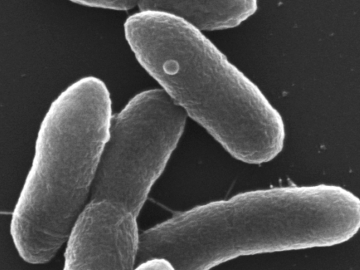
ORNL scientists have modified a single microbe to simultaneously digest five of the most abundant components of lignocellulosic biomass, a big step forward in the development of a cost-effective biochemical conversion process to turn plants into


